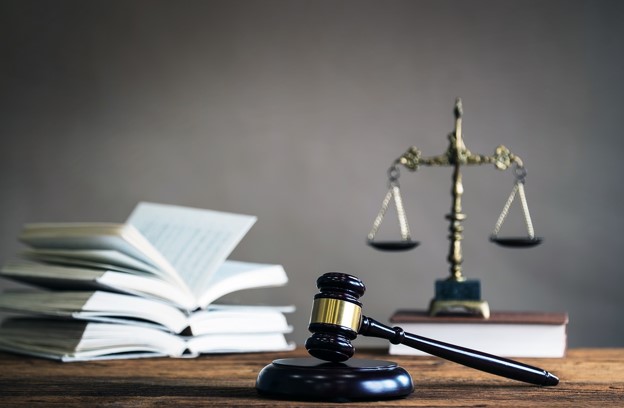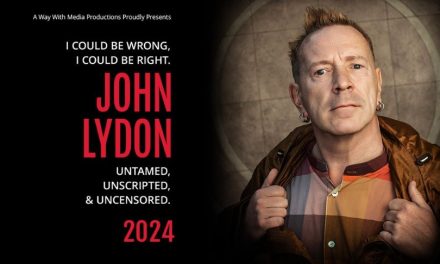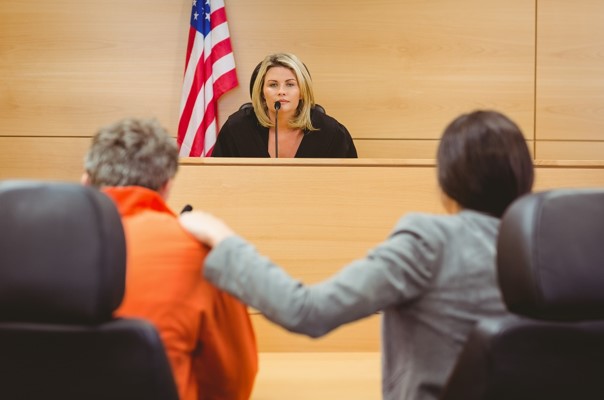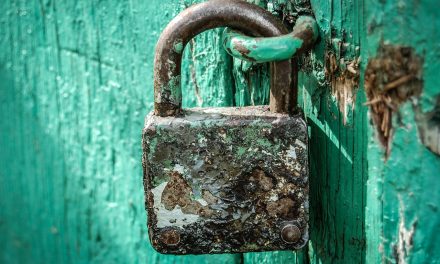Criminal trials often conclude with a not guilty verdict (where the prosecution cannot appeal) or a guilty verdict (which enables the defendant to appeal). In some cases, however, the conclusion is a mistrial, also known as the void declaration and termination of a case’s trial by a judge.
This does not mean any legal dispute will not have an outcome. When a mistrial occurs, the prosecution has the right to demand a second trial, but the time spent in court discussing the case will be considered void; hence, the need for the selection of a new jury.
If your case was declared a mistrial, your criminal defense attorney will determine the next steps and discuss your options. It also helps to familiarize yourself with the mechanics of a mistrial — the causes and what you can do.
What Happens During a Mistrial?
Either the prosecution or the defense can request the judge to declare a mistrial at any time between the setting of the jury and the rendering of the verdict. On some occasions, the judge may consider the case a mistrial.
If the judge declares a mistrial over the defendant’s objections or the prosecution requests a mistrial, the ‘double jeopardy’ concept may apply and the defendant can raise their defense if the court decides they wish to seek another conviction.
If a legal issue arises and requires the discharge of the jury, however, the double jeopardy defense may not apply. As a result, the defendant must face the probability of a retrial.
Why Do Mistrials Happen?

A criminal case may result in a mistral for numerous reasons. Some of the most common examples are:
- A key figure in the trial becomes unavailable. Due to the intense and time-consuming nature of trials, there is a chance for the key figure (e.g, an attorney or juror) to become unavailable due to severe illness, death or other causes, the judge has no choice but to declare a mistrial.
- The misconduct of a juror. Before a trial, jurors receive specific instructions regarding their conduct while performing their duty. The rules can range from not speaking with witnesses and attorneys to not watching television or reading papers. If a juror is proven to have violated those instructions, the court can declare a mistrial.
- The jury failed to reach a unanimous verdict. The jury must vote unanimously to convict the defendant. If they failed to reach a unanimous decision and fail to find the defendant ‘not guilty’, they will be considered a hung jury, resulting in the judge declaring a mistrial.
- Procedural error. A fundamental legal, procedural, or evidentiary error occurs and the jury or the court cannot address it. The said error must also prejudice the defendant before it can be considered an error.
- The jury was presented with evidence that should not have been used. The jury should only see or hear evidence that meets the rules of evidence. If the jury sees inadmissible evidence by mistake, or lawyers make improper statements during their arguments, the judge can decide to consider a mistrial.
If your case faces a mistrial, do not lose hope. Re-strategize with your criminal defense attorney to seek your desired outcome.

















